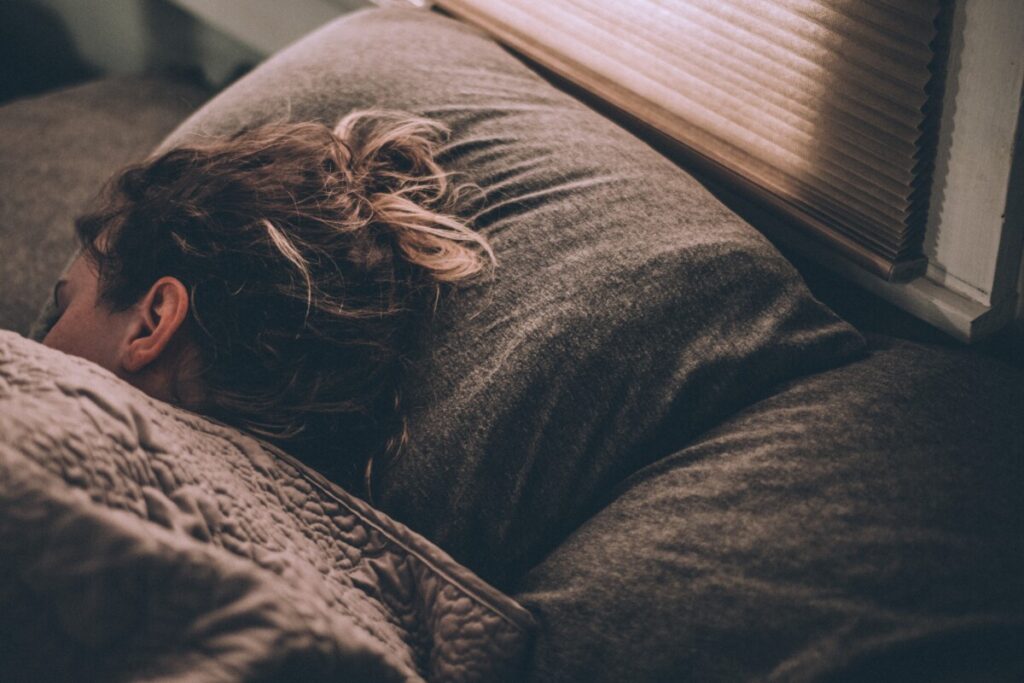Sleep remains the unsung hero in the health and wellness sphere. We often emphasize diet and exercise but gloss over sleep. Today, we delve deep into constructing an optimal sleep schedule that enhances your physical and mental well-being.
The Ideal Number of Sleep Hours
Adults need an average of 7-9 hours of sleep for peak performance. Teenagers fall in the 8-10 hour range, and children should ideally get 9-11 hours. These are guidelines; individual needs may vary. Listen to your body and tailor your sleep schedule accordingly.
Quality Over Quantity
You’ve probably heard about REM and deep sleep. Aim for a balanced sleep cycle that includes 1.5-2 hours of deep sleep. This stage recharges your body and is essential for memory and learning.
Chronotypes and Circadian Rhythms
Your natural preference for being active in the morning or evening—your chronotype—has a significant impact on your sleep quality. Learning your chronotype can help you align your activities and sleep schedule for maximum effectiveness and restfulness.

The Virtue of Routine
Sticking to a regular bedtime and waking up at the same time every day fortifies your internal body clock. Consistency is vital for achieving good quality sleep. Yes, this applies to weekends too. A stable routine sends a powerful signal to your body about when to wind down and wake up.
Foods and Drinks to Dodge
Late-night caffeine and heavy meals are sleep adversaries. Consuming these can throw off your sleep schedule by hours. The same goes for alcohol, which might make you drowsy but ultimately disrupts the quality of sleep.
Screen Time: The Not-So-Silent Sleep Disruptor
The blue light emitted from screens messes with your body’s melatonin production. Limit screen time before bedtime. Consider using screen dimmers or blue light filters if you absolutely must use a device before sleep.
Nap Strategy: Short and Effective
Naps can be refreshing but also risky. A short 20-minute nap enhances alertness without affecting nighttime sleep. Longer naps, especially late in the day, can sabotage your sleep schedule.
Physical Fitness and Sleep
Physical activity promotes better sleep, but timing is everything. Working out too close to bedtime elevates your body temperature and adrenaline levels, which can hinder your ability to fall asleep. Aim to exercise in the morning or early afternoon for the best results.
When to Seek Professional Help: Persistent Sleep Issues
If you’ve tried various methods and still face sleep problems, it’s time to consult healthcare professionals. Sleep disorders like insomnia or sleep apnea require specialized treatment. Don’t compromise your health; get the help you need.
Read more: Unlock the Secret to a Healthy Sleep Schedule- Building Excellence: How Regular Training Impacts Workplace Performance
- A Guide to Effective Social Media Marketing with Bali Influencer Collaborations
- Making Travel More Meaningful in 2023
- Choosing between Color or Black and Gray Tattoos
- Paris Unearthed: The Mysteries Lying Beneath the City of Lights
A proper sleep schedule isn’t a one-size-fits-all solution. However, the guidelines and tips presented here offer a strong foundation to build on. Quality sleep enhances your mood, productivity, and overall life quality. Invest in better sleep to invest in a healthier, happier future.
